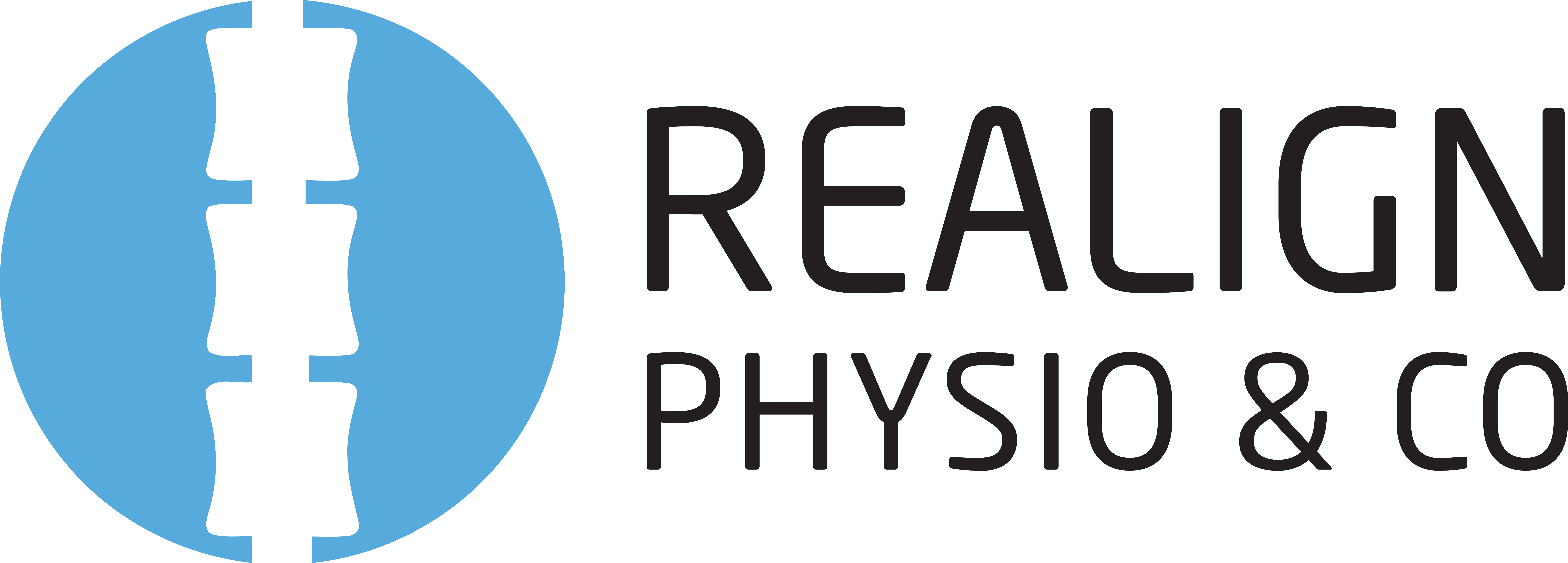
Physiotherapy is the most effective modality for managing musculoskeletal conditions. Your physiotherapist will help in all stages of healing, from acute to functional training.
In acute stages, the main goal is to control pain and swelling. Then progressing to improve muscle strength, motor control and finally improve function.
It can be used following acute injuries, for chronic conditions, before and after surgery.
Using best practice and a wide range of techniques we guarantee to tailor the best treatment to help you achieving your goals.
Knee
Knee pain can come with several facets. Anterior knee pain (from the patellar tendon, or PFP), medial or lateral pain (from meniscus or collateral ligaments), behind the knee (from the calf muscles, popliteal or a bakers cyst). It can be either traumatic or non-traumatic, increase with going up or down stairs, standing for too long, running, walking, etc. Several structures can get irritated and be a source of symptoms, and they would have different time frames for recovery and would require different treatment approach. A physio would perform a clinical assessment that together with the history, help to identify the structure responsible for the symptoms and guide treatment. Imaging is not always needed, as the clinical assessment, most times, is quite sufficient to understand what is going on and direct the best treatment options. If imaging is required, a physio can refer on for an X-ray or MRI, saving an unnecessary trip to the GP. A combination of manual therapy and exercise (20-80%) would best comprise an evidence based and best practice treatment for knee pain.
ACL injury (surgical or non-surgical interventions)
ACL tear is a serious injury, that can lead to prolonged knee impairments. A complete ACL tear can be treated with or without surgical reconstruction. ACL reconstruction (ACLR) is very much used as a primary intervention, to reconstruct the ligament; however, recent studies have shown that some subgroup of individuals can recover from an ACL tear without surgical intervention and still get back to playing in an elite level of sports. Full knee mobility, with no swelling and good quadriceps strength is key whether you will have surgery or not. A good pre op quads and knee condition can improve outcomes following surgery and facilitate return to sport. ACL physio consists of improving knee mobility, reduce pain and exercises to improve leg strength (hip, thigh and calves) as well as to recover knee stability. A progressive program will work from light non- weightbearing exercises to agility drills and sprints on the field. A full recovery from surgery to return to play will take anywhere from 9-14 months of intense exercise and transition to a safe return to sport. After 9 months of ACLR, for every month return to sport is delayed, a further ~ 30% reduction in reinjury is expected. Physio will be hard, will be lengthy, but if it wasn’t, would it even be worth it? Earn it, it will be a long journey, but you can count with us.
Other Physiotherapy Services

Spinal Physiotherapy
Realign Physiotherapy located in Robina Gold Coast is one of the few physiotherapy practices in Australia offering Global...
Read More
Pain Management
Chronic and acute pain management. Our services include GPR, Dry needling, Soft tissue release, exercise prescription and...
Read More